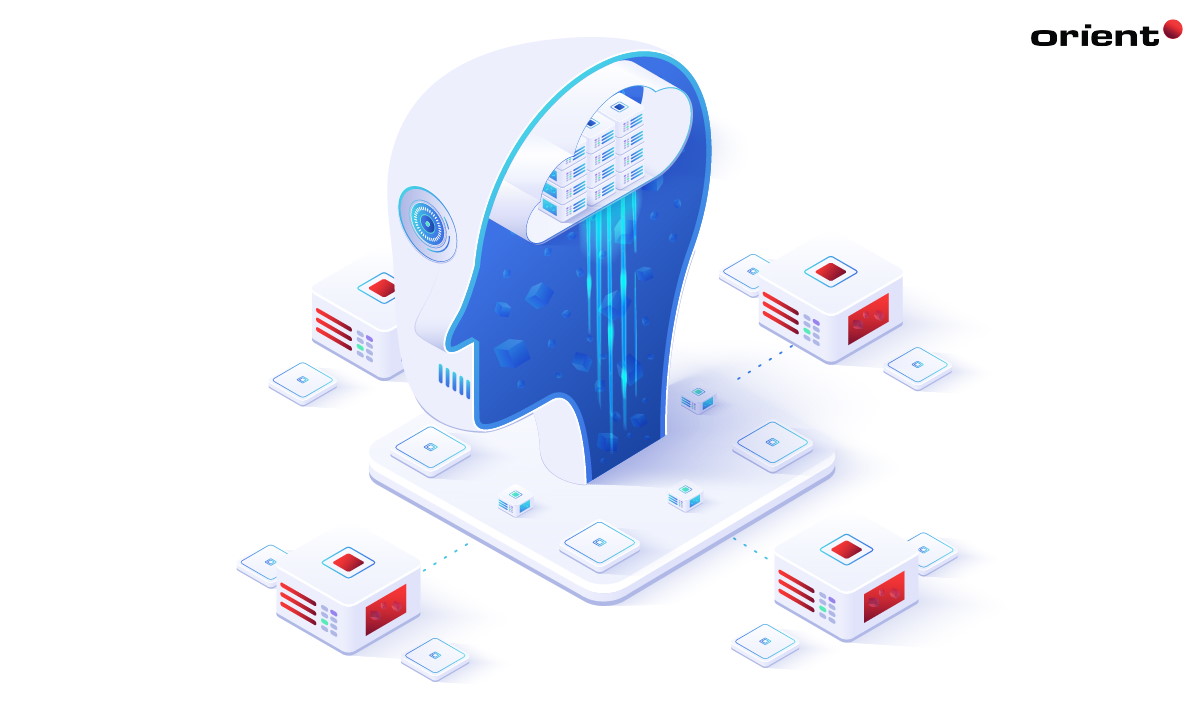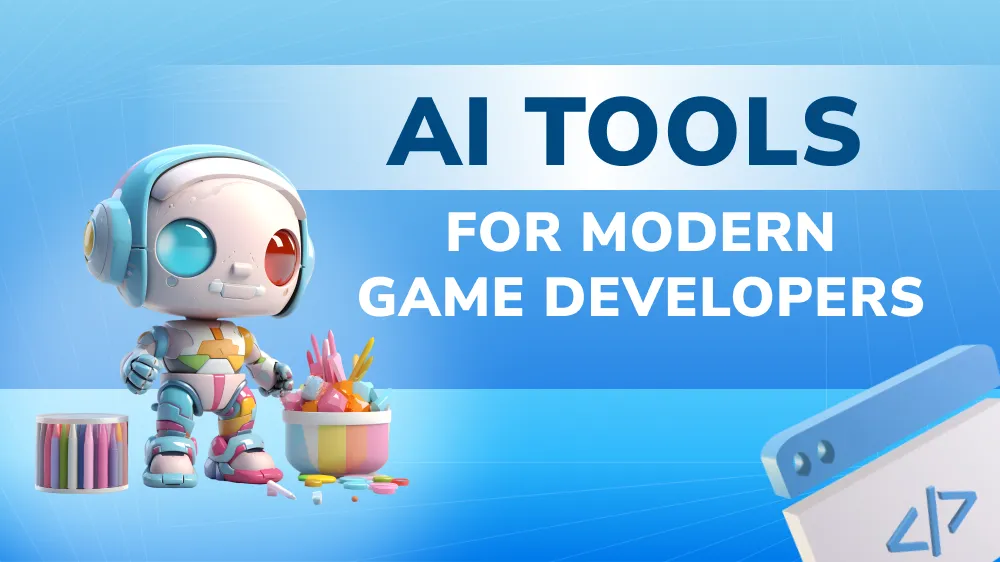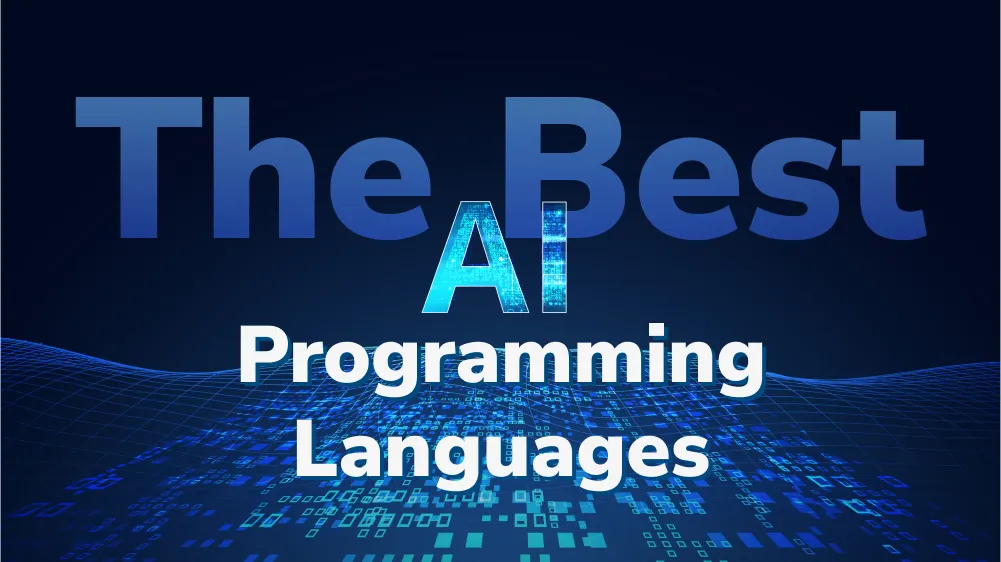The Promising Future of Artificial Intelligence in Vietnam

Content Map
More chaptersArtificial intelligence (AI) is no longer vague imaginations or a piece of fiction but rather commonplace around us whether we do notice it or not. In the digital era, it has grown significantly on a global scale over the past few decades. In some scenarios, such as the one where the emergence of AI coding engines results in the loss of jobs for human coders, experts even question whether the maturity of computational intelligence will enable it to one day completely replace humans. Disputes hinging on the topic of AI vs. Human brains seem to have no end, but we can rest assured that advanced robotics and AI are not capable of replacing us now, or at least not anytime soon.
The popularity and widespread use of AI today may be the logical outcome of how this technology has been revolutionizing the everyday life and business aspects of human beings. Over time, AI’s impact and applications have spanned across industries and fields, ranging from software development, human resources, education, telecommunications, retail, e-commerce development, healthcare, even criminal justice, and heaps more.
Recognizing the unlimited potential of artificial intelligence, a series of countries have been sinking money into AI development strategies with an ambitious goal to become the leaders in the area of artificial intelligence and earn huge profits. The latest report by Tortoise Intelligence indicated that global spending in AI companies has sharply increased by 115% since 2020, which is the largest year-on-year growth in AI investment over the past two decades. In 2021, total investment in artificial intelligence reached $77.5 billion, and it is foreseen to escalate later on. Although the U.S., China, and European nations have been leading the way, Vietnam is not outside the race for AI.
Is Vietnam Ready for AI Development Yet?
As indicated in the 2019 report by the Ministry of Information and Communication, Vietnam was home to more than 30,000 ICT companies of different sizes, approximately 955,000 IT workers, and over 80,000 university and college graduates with majors in information and communications technology. In addition, Vietnam has soon risen to become the new IT hub in Southeast Asia and also one of the preferred destinations for IT outsourcing services on earth. With such an open business environment and abundant labor force, the applications of AI in various sectors within the country has made significant progress.
However, when it comes to AI development, Vietnam is reckoned to have a low starting point. Compared to the U.S. - the current global leader in AI – or other countries in the Western, the AI industry in Vietnam is still in the early days.
In spite of the fact that Vietnam has lagged behind in the race for AI, it is worth noting that this Southeast Asian country is making huge digital transformation efforts to catch up and gain an edge over competitors.
The International Development Research Centre in Canada and the UK’s Oxford Insights jointly released an annual report (IDRC) in which Vietnam was ranked 6th in ASEAN and 62nd in the world for the 2021 Government Artificial Intelligence Readiness Score. Surprisingly, this is the first time Vietnam’s AI Readiness Score reached 51.82 out of 100, which surpasses the global average of 47.72 and helps this country climb 14 places compared to last year.
The readiness of a country or territory toward AI technology is evaluated through three pillars – the government, technology, and data infrastructure.
The Government Pillar
Vietnam soon recognized the true potential of artificial intelligence, both now and in the future, as well as its expanding role in the fourth industrial revolution. Therefore, the Vietnamese government has been investing heavily in AI as well as other cutting-edge digital technologies, such as machine learning, blockchain, big data analytics, the Internet of Things (IoT), and cloud computing. Numerous national AI policies and initiatives have been established to encourage Vietnamese companies and innovative start-ups to advance AI research, development, and usage in new business models.
Notably, the country recently approved the National Digital Transformation Programme by 2025, with an orientation toward 2030. The tangible ambition behind this is to double the growth of the digital economy by 2025 and lay a solid foundation for further digital transformation processes that will steadily prepare Vietnam for AI in the future. Vietnam’s improvement in its AI Readiness Score, according to the nation’s deputy head of the Ministry of Science and Technology, was attributed to the country’s active involvement in technology-based activities and the issuance of the national strategy for AI development.
The Technology Pillar
The technology pillar refers to the internal digital capabilities, simply known as the technology sector, of a country or territory. A nation empowered by a dynamic and competitive tech sector will be sufficient in resources and expertise to effectively adopt, develop and use AI technology for different areas, together making a complete national AI ecosystem.
At this point, the Minister of Planning and Investment of Vietnam stated that the ministry had built up a digital ecosystem for innovation and new technologies and proposed a national innovation center to support technological breakthroughs and facilitate the creative ideas of Vietnamese entrepreneurs.
The Ministry of Planning and Investment would incorporate with the Ministry of Science and Technology to companion the AI communities in Vietnam on the venture to studying and developing this digital technology. In addition, it was affirmed that the ministry had prepared all the favorable conditions to appeal to domestic and international investment in Vietnam’s AI development. Particularly, at the Vietnam Venture Summit in June 2019, there were 18 local and foreign funds committed to investing a total of $425 million in Vietnamese start-ups in the next three years.
The Data & Infrastructure Pillar
The data and infrastructure pillar are measured by the availability of reliable data and secure digital infrastructure that can power AI technologies. In comparison with other giants in the AI industry, Vietnam’s data and computing infrastructure are relatively primitive with a lot of limitations, typically mentioned fragmented and poor-quality data. This poses a huge challenge in the venture to nationalize AI technology in Vietnam. Thus, the country has placed a premium on building, maintaining, and developing data infrastructure, in the long run, to accelerate the economic development of AI technology and facilitate the efficiency and effectiveness of AI research development and application simultaneously. The investments were rewarded in kind as Vietnam’s AI readiness score for data infrastructure hit 51.87, which is a big stride in Vietnam’s venture into full-scale AI adoption in the near future.
Challenges of Artificial Intelligence in Vietnam
The “debut” of Vietnam in the AI Readiness Chart of 100 countries is merely a beginning of a long-term endeavor to explore the true possibility of artificial intelligence technology and its applications. Hence, there are quite a lot of challenges along the way to the prospect where Vietnam peers with developed countries in the AI industry. But positively, Vietnam has been making it happen steadily over time by breaking through each and every obstacle. Typically, funding and human resources are the biggest roadblocks on the AI road.
Funding
AI technology requires considerable investments in order to realize the applications with the highest efficiency and productivity. Therefore, there is an urgent need for the Vietnamese government to allocate sufficient budgets for AI projects. As a result, the national strategy outlines the pivotal role of the Ministry of Planning and Investment in encouraging domestic organizations (such as Viettel, FPT, VinGroup, and VNPT) and capitalists to fuel funding for AI development as well as attracting foreign investors from different parts of the world to sink money into the Vietnamese AI industry. This is a “nerve-wracking problem” that the government must take time to solve.
And looks like things have been going on the right track as we are witnessing some positive signs regarding AI funding in Vietnam. Specifically, at the Vietnam Venture Summit 2020, Vietnam gained a pledge to invest $800 million in the country’s startup ecosystem in the next three or five years from both foreign and domestic investors. In addition, there are 155 venture capital investors taking their chances with Vietnam. Recently in 2021, Vietnam’s high-tech application projects in the field of digital transformation, especially e-commerce, fintech, and AI, received an investment of nearly $1 million through the Aus4Innovation Programme. At this rate, Vietnam will soon overcome the funding obstacles and accelerate AI development within the country.
Last but not least, Vietnam was one of the few countries that successfully contained the global pandemic and survived, as well as thrived through the difficult period, making this nation an appealing destination to invest in and launch a business.
Shortage of AI Experts
Like most “rookies” entering the race for AI, Vietnam is short on human resources specializing in this technology. Even though Vietnam holds a great advantage over other countries within the region as well as worldwide for its abundance of IT labour force, the country sadly has not owned a vast pool of AI experts yet, which will cause the local AI projects a lot of difficulties in terms of staffing. According to indexes from the World Intellectual Property Organization (WIPO), over 1,600 Vietnamese are currently studying and working in AI-related fields. Among them, only 300 people are considered AI experts. This means the human resources for AI in Vietnam are too small.
Simply put, Vietnam needs a lot more personnel with expertise and hands-on experience in AI technology. Confronting such a challenge, the government has two top-prioritized missions up ahead - to nurture and cultivate domestic AI talent as well as connect AI communities in Vietnam with Vietnamese expatriates who conduct research and develop AI for large tech companies from different parts of the world.
The Vietnamese government has been strategizing a lot of initiatives to achieve these two goals. Typically, AI education and training have steadily been implemented in universities, which brings the knowledge and perception of artificial intelligence closer to young generations. Currently, there are around 50 universities and academies teaching AI-related majors in Vietnam.
Final Thoughts
Is Vietnam dreaming big about AI technology? The answer is yes but with realistic, challenging goals. With the government’s commitment and support to the AI industry, we can be optimistic that Vietnam boasts all the favorable conditions required to become an AI hub in the near future. At the moment, we are confident to say that Vietnam is getting started with artificial intelligence. The country has been on the right track to becoming a major force in AI technology, and it’s just the beginning. If Vietnam keeps up with its current efforts and commitment, the sky is the limit for this nation to excel in the digital revolution with the power of AI.







